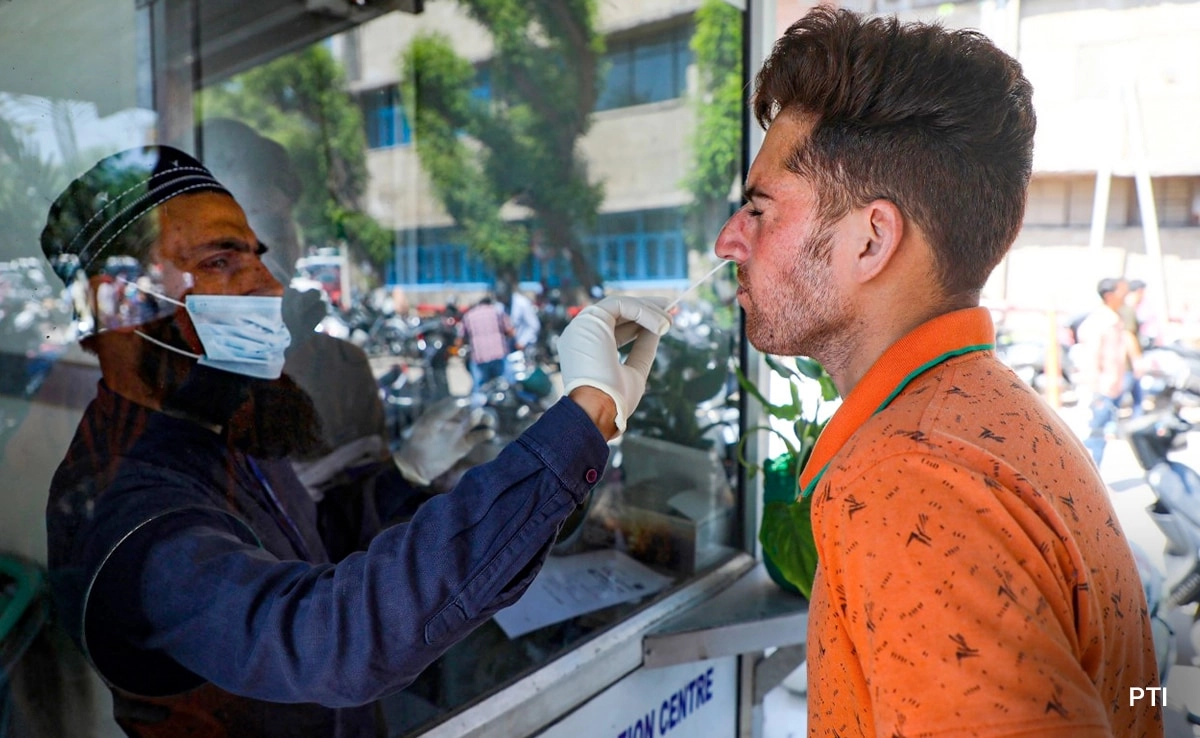As the world continues to grapple with the effects of the Covid-19 pandemic, a concerning surge in cases has been reported across several Asian countries. This spike has been largely attributed to the emergence of the JN.1 variant, a new strain that has raised alarms among health officials. The JN.1 variant is noted for its ability to spread rapidly, leading to renewed fears of widespread outbreaks similar to those seen in earlier phases of the pandemic. Countries such as China, India, and Japan have reported significant increases in infections, prompting governments to reconsider their public health strategies and response measures.
The JN.1 variant is characterized by mutations that may enhance its transmissibility and potentially impact the effectiveness of existing vaccines. Preliminary studies suggest that while vaccines still provide substantial protection against severe disease and hospitalization, their efficacy against mild infections caused by this variant may be somewhat reduced. This situation underscores the importance of booster vaccinations and the need for continued surveillance to monitor the spread of the variant. Public health officials are urging individuals to remain vigilant, adhere to safety protocols, and get vaccinated to help curb the rising tide of infections.
In response to the spike in cases, several countries have reintroduced measures that had previously been relaxed. This includes mandates for mask-wearing in crowded public spaces, travel restrictions, and the promotion of remote work where feasible. Health authorities are also ramping up testing and contact tracing efforts to quickly identify and isolate cases, aiming to prevent further community transmission. As nations navigate these challenges, the global community is watching closely, hoping that lessons learned during previous waves of the pandemic can be applied to mitigate the impact of the JN.1 variant.
The situation remains fluid, and experts emphasize the need for ongoing research to better understand the JN.1 variant and its implications for public health. International cooperation and information sharing will be crucial in the fight against this new variant and in ensuring that countries can effectively respond to emerging threats. The resurgence of Covid-19 cases in Asia serves as a stark reminder that the pandemic is not over, and the potential for new variants to arise continues to pose a significant challenge for global health efforts. As we move forward, it will be essential to balance public health measures with economic recovery, ensuring that communities can thrive while staying safe in the face of evolving threats.




